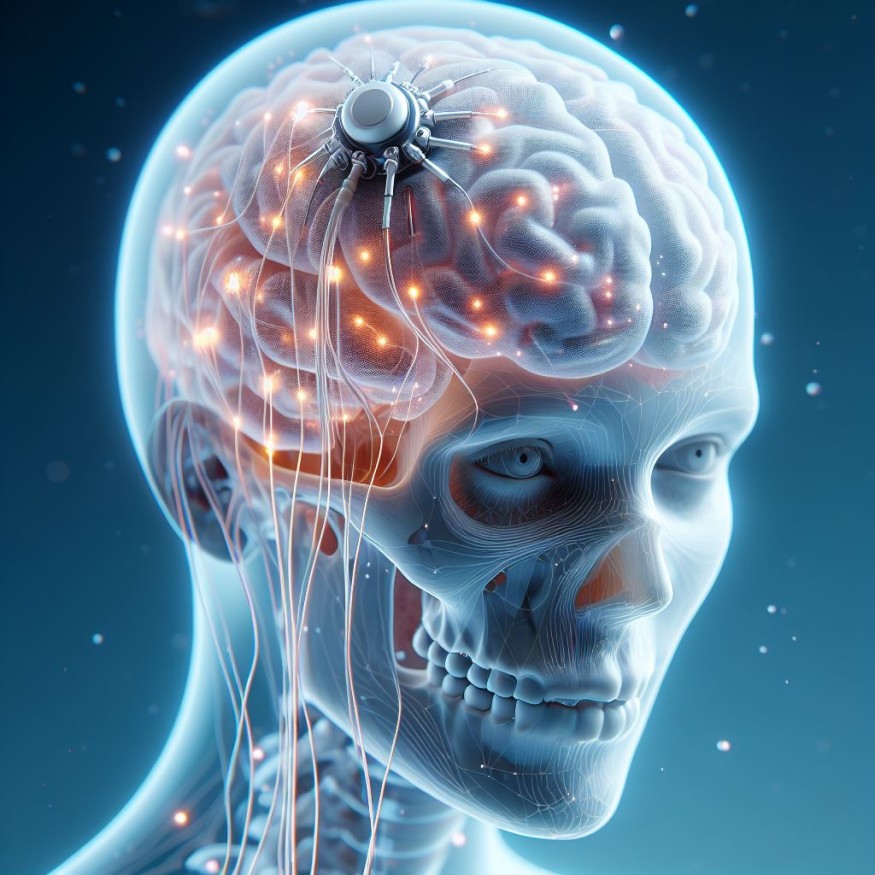
Elon Musk, the visionary founder of Neuralink, declared on Monday that the groundbreaking brain-chip startup has successfully implanted its neural interface in a human for the first time, marking a significant leap in the realm of neurotechnology.
The individual who received the implant on Sunday is reported to be recovering well, according to Musk's post on social media platform X. This development comes after the U.S. Food and Drug Administration (FDA) granted clearance to Neuralink last year for the commencement of human trials.
In his announcement, Musk expressed optimism about the initial results, citing promising neuron spike detection. The successful implementation of the brain-chip paves the way for potential breakthroughs in the field of brain-computer interfaces.
The first human received an implant from @Neuralink yesterday and is recovering well.
— Elon Musk (@elonmusk) January 29, 2024
Initial results show promising neuron spike detection.
PRIME Study Unveiled
Neuralink's achievement is part of the ongoing PRIME Study, a trial aimed at evaluating the safety and functionality of the wireless brain-computer interface. The interface holds the promise of enabling individuals with quadriplegia to control devices through their thoughts, a revolutionary advancement showcased on the company's website.
However, additional details about the study wasn't revealed yet. The company's silence has left the public and industry observers eager for more information regarding the specifics of the procedure and the current state of the implanted individual.

Regulatory Hurdles
Earlier reports indicated that Musk was accused of securities fraud, alleging that he downplayed the involvement of Neuralink brain implants in the deaths of monkeys during trials. This led to calls for an SEC investigation, driven by veterinary records that indicated complications possibly linked to the implants.
Neuralink also faced fines for violating U.S. Department of Transportation (DOT) rules pertaining to the movement of hazardous materials. The revelation raises questions about the regulatory challenges Neuralink may encounter as it navigates the intersection of cutting-edge technology and stringent safety protocols.
As Neuralink continues to push the boundaries of neuroscience and technology, the successful implantation of its brain-chip in a human marks a pivotal moment in the pursuit of enhancing human capabilities through advanced neural interfaces.
RELATED ARTICLE: Elon Musk's Neuralink - Can It Make Humans Compete with AI?








